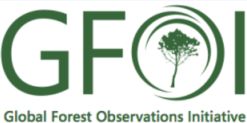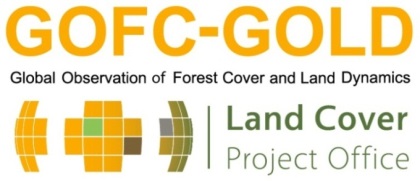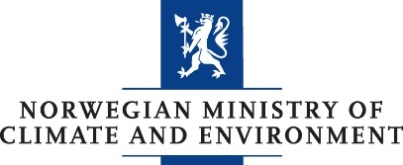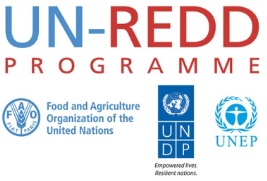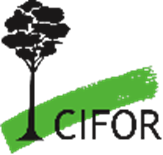| |
|
|
|

|
|
|
|
|
|
GFOI R&D and GOFC-GOLD Land Cover Science Meeting
2nd Expert workshop on lessons learned from Accuracy Assessments in the context of REDD+
Oslo, Norway
26-28 June, 2017
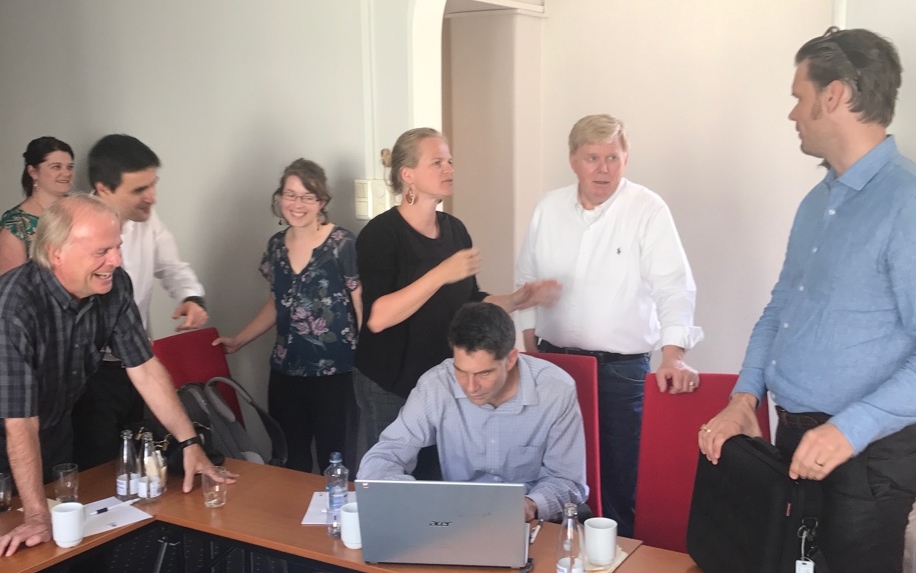
Organized by:
The GFOI R&D Coordination component, the GOFC-GOLD Land Cover Office , and the
Norwegian Space Center (NSC)
Background
The background information on the meeting can be found in the
announcement.
Workshop objectives
The objective is to actively work on providing improved guidance on accuracy assessments in the context of REDD+. In particular, the workshop provided guidance to practitioners to meet the IPCC good practice criteria related to bias and uncertainty in estimates of activity data. More specifically we aim to:
- Discuss and present country examples and case studies for accuracy assessments.
- Draw lessons learned and synthesize them into good practice for accuracy assessments.
- Discuss how understanding of uncertainties can feed back into efforts for continuous improvements.
- Scope a new MGD module capturing the new guidance
- Discuss additional related and follow-up issues for GFOI R&D synthesis (i.e. EFs) and contributions to 2019 methodological refinement of the IPCC GPG
Summary report
Read the
workshop report.
Sponsors
Norwegian International Climate and Forest Initiative (NICFI)
Norwegian Space Centre (NSC)
US Silvacarbon Program
European Space Agency (ESA)
GFOI R&D Coordination component
GOFC-GOLD Land Cover Office
Center for International Forest Research (CIFOR)
Wageningen University (WU)
World Bank FCPF
Organizing Committee
Evie Hagen (NSC)
Martin Herold and Sarah Carter (GFOI, GOFC-GOLD)
Venue
Best Western Karl Johan Hotel
Oslo, Norway
Agenda and outcomes
Day 1: Monday 26 June
|
|
10.30 |
Opening |
Henrik Fliflet |
|
10.45 |
Background and objectives |
Martin Herold |
|
11.00 |
Summary of first workshop on this topic: What has been agreed? What requires further discussion at this workshop?
|
Andres Espejo |
|
12.30 |
Lunch break
|
|
|
13.30 |
Presentation of case studies and experiences: - What are good practices for countries to assess the uncertainty of accuracy for area estimates /activity data?
- What are the lessons learned from your country examples?
- How methodological advancements and new data can improve estimation (i.e. from Sentinels) and how should that effect the AA procedures?
|
Andres Espejo, Kay Kallweit, Evan Notmann, Christoph Sannier |
Day 2: Tuesday 27 June
|
|
09:00 |
Further discussions on case studies and experiences: - What type of guidance can be provided with respect to operational methods/examples?
- What issues remain open issue and require further discussions to develop solutions?
- What issues cannot be solved because we lack basic R&D?
|
Erik Naesset, Ronald McRoberts , Stephen Stehman |
|
12.30 |
Lunch break
|
|
|
13:30 |
Further discussions on case studies and experiences continued
|
Pontus Olofsson |
|
14:00 |
New guidance plans
Working groups on synthesizing and developing new guidance: - What new points need to be included in the guidance?
- Is any current guidance obsolete?
|
Carly Green Discussion facilitated by Maria Sanchez |
|
19.00 |
Workshop dinner
|
|
Day 3: Wednesday 28 June
|
|
08:30 |
SEPAL demonstration
|
Erik Lindquist |
|
09:00 |
Working group discussions and presentations on scoping of new MGD module: - What guidance is needed for the MGD?
- How can we formulate this?
- What new modules are required?
|
Ronald McRoberts on sampling design Discussion facilitated by Carly Green |
|
12.30 |
Lunch break
|
|
|
13:30 |
Next steps: - Addressing additional issues which need further (i.e. uncertainties of trends?)
- Next expert workshops on uncertainties related to EFs and biomass estimates
|
Discussion facilitated by Martin Herold |
|
16.30 |
End meeting
|
|
|

